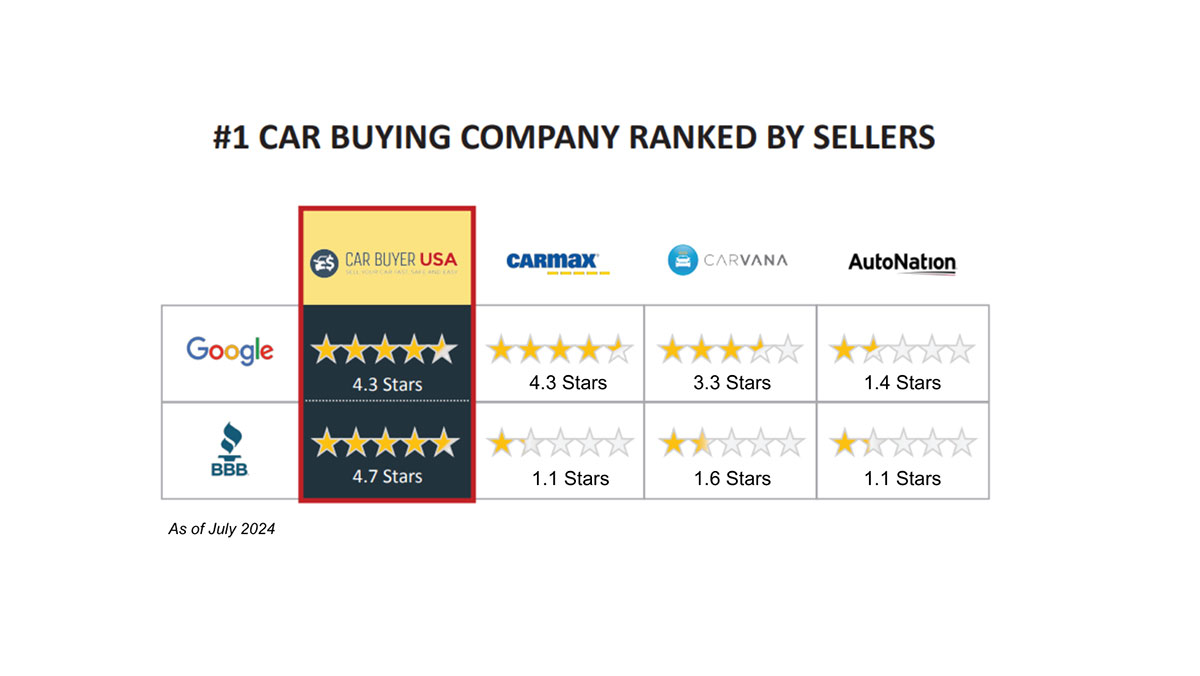
In the world of used car sales, two names often come up in discussions of consumer trust: CarMax and Edmunds. The two have a business relationship that involves CarMax holding a minority stake in Edmunds, which was established in 2016. This investment is part of CarMax's strategy to enhance digital capabilities and strengthen their partnership with Edmunds. However, this connection has raised concerns about potential conflicts of interest, with critics questioning whether Edmunds might show bias towards CarMax’s listings or adjust its pricing tools in ways that benefit CarMax. Despite these concerns, Their stake in Edmunds does not necessarily imply that the information provided by Edmunds is compromised.
Recent conversations among car buyers have sparked concerns about what some are calling the "CarMax Scam" and how Edmunds might fit into the equation. CarMax has built its reputation on promises of a hassle-free car buying experience with no-haggle pricing, rigorous vehicle inspections, and customer satisfaction guarantees. Yet, despite its outward appearance of integrity, some customers have raised serious complaints, suggesting that the reality behind CarMax’s operations might not align with the rosy picture the company paints.
One common criticism of CarMax is that while the company touts "no-haggle pricing," it often prices its vehicles higher than other used car dealerships. Critics argue that this practice exploits consumers who trust CarMax’s brand without comparing prices elsewhere. The "no-haggle" model might work well in theory, but it effectively removes a buyer’s ability to negotiate and find a better deal. Another red flag is CarMax’s appraisal process. While CarMax offers a simple way to sell your car, customers have complained that the company often undervalues trade-ins. Many sellers find that CarMax’s offers are significantly lower than estimates from private buyers or other dealerships. This disparity in trade-in value has led some to believe that CarMax benefits by purchasing cars at a steep discount, only to resell them for a substantial markup.
Further, while CarMax advertises a thorough inspection process for every vehicle, some buyers report purchasing cars with undisclosed issues that later result in expensive repairs. Though CarMax offers a limited warranty, complaints about post-purchase problems, coupled with what some perceive as inadequate customer service, fuel the belief that CarMax’s guarantees might be more smoke and mirrors than substance.
Edmunds has defended its relationship with CarMax, stating that its editorial content remains independent, and that its consumer tools are designed to empower buyers with transparent information. However, the perception of a conflict of interest persists, especially as CarMax remains one of the largest and most influential players in the used car market. Edmunds maintains that it upholds editorial independence and strives to deliver unbiased car reviews, pricing information, and market insights. The reality is that any consumer purchasing a used car must do their homework. This includes checking multiple sources for price comparisons, reading reviews from a variety of platforms, and being wary of any dealership’s claims—no matter how reputable they may seem.
While Edmunds remains a useful tool, it's wise to take its recommendations with a grain of caution, especially in light of its ties to CarMax. Being an informed buyer means not putting all your trust in one brand or platform, and making decisions based on a wide range of information/Ultimately, the best way to avoid feeling scammed is to stay diligent, ask questions, and never rush into a deal—no matter how “hassle-free” it appears.


